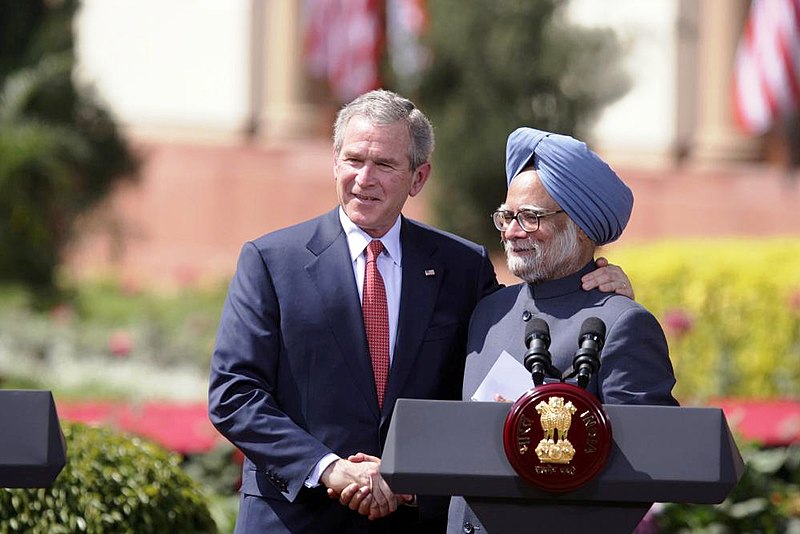 |
| Image: Wiki Commons |
By Umair Jamal
What are Pakistan’s interests in approaching the U.S. about a nuclear deal?
In 2011, during a fundraiser, George Clooney asked U.S. President Barack Obama about the one thing that keeps him up at night. His answer was Pakistan nuclear program and its security.
A week ago, a senior columnist for the Washington Post disclosed what he termed a “diplomatic blockbuster” being discussed between the United State and Pakistan, which could pave a way for the Pakistan’s version of the civil nuclear deal signed between the U.S. and India in 2005 — hence a formal welcome to the prestigious nuclear club. Almost a decade ago, the United States signed a civil nuclear deal with India and rejected a similar offer to Pakistan by calling India’s case an exception.
Pakistan has remained a pariah state as far as its nuclear program is concerned. This reported civil nuclear deal is perhaps the first time the United States has seriously approached Pakistan talks over its nuclear program, dealing with limitations beyond its actual defense needs against India. Ostensibly, in return for signing on to a deal, Pakistan will win waivers at the Nuclear Suppliers Group (NSG), not to mention international legitimacy.
While Pakistan may have begged for a nuclear deal ten years ago, this time, it has more leverage, little to lose, and the confidence necessary to leave any deal on the table unless it’s as good as the one offered to India.
Read the full story at The Diplomat
